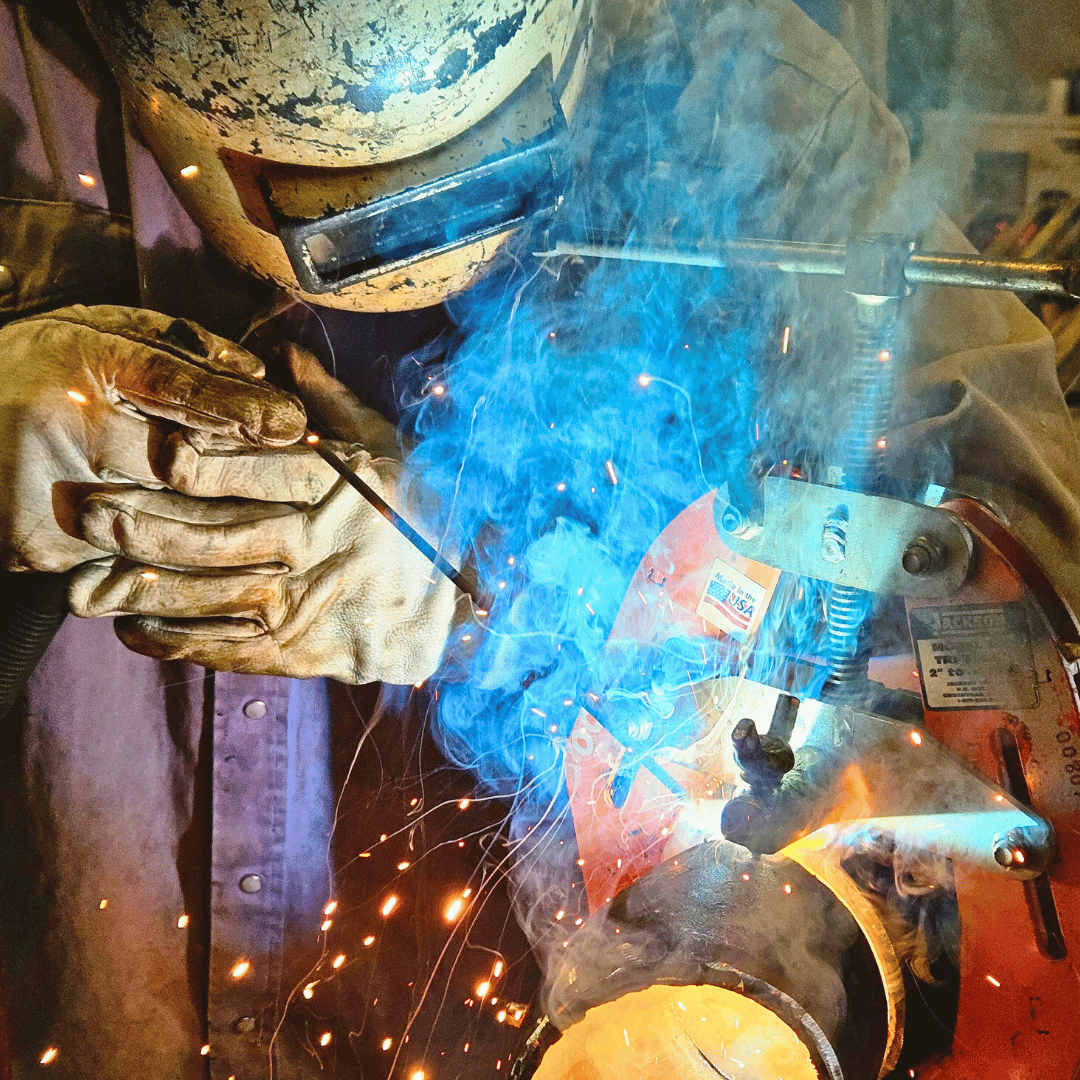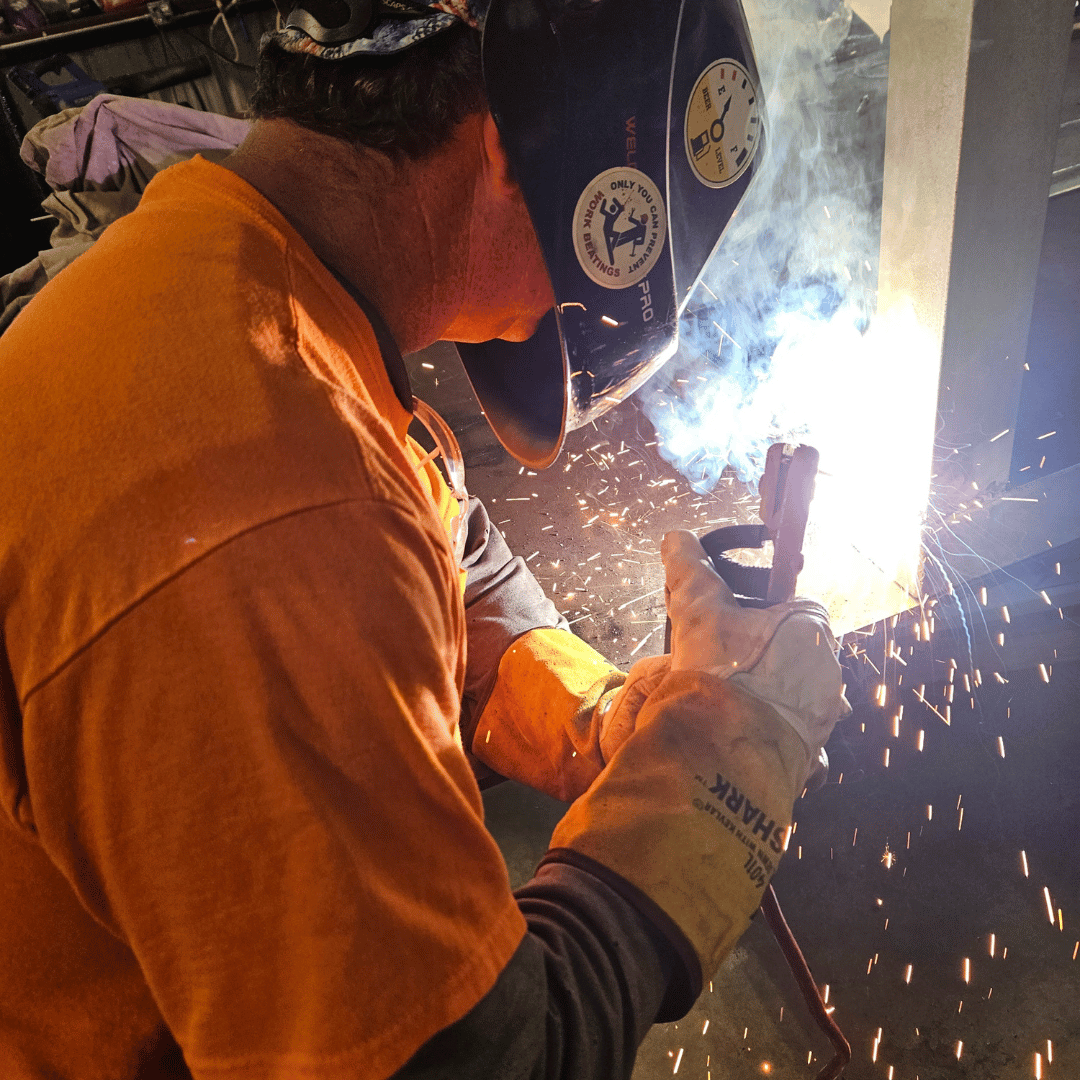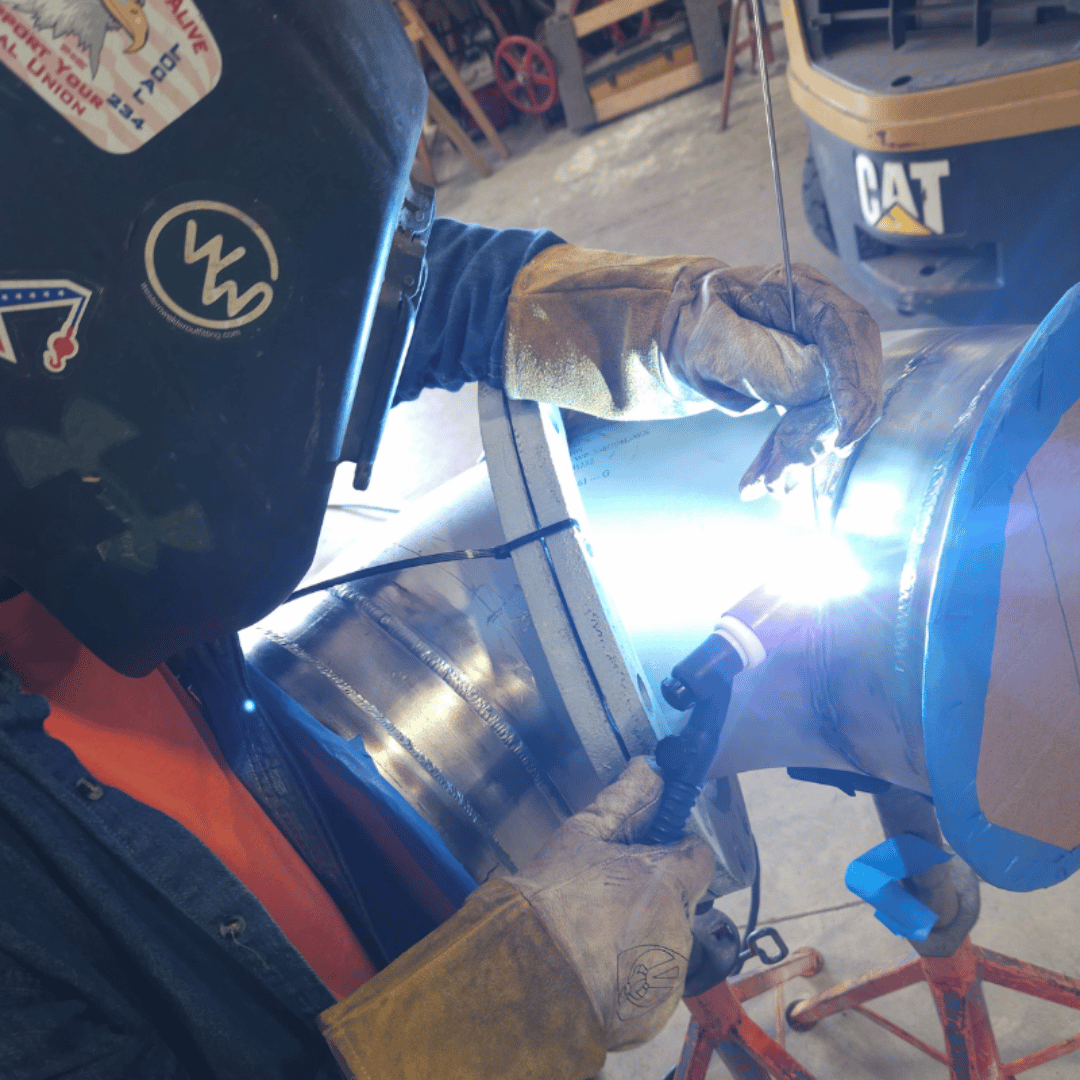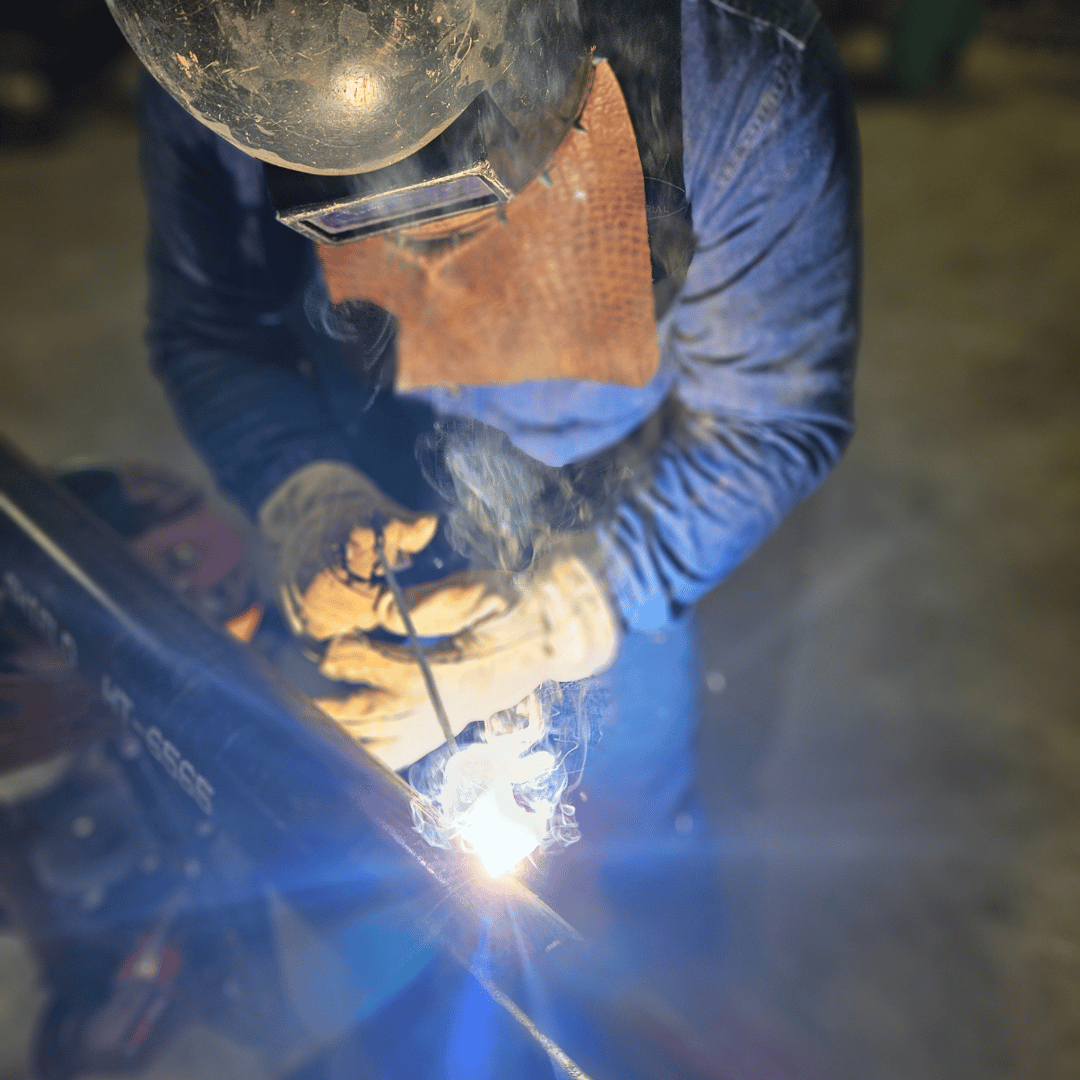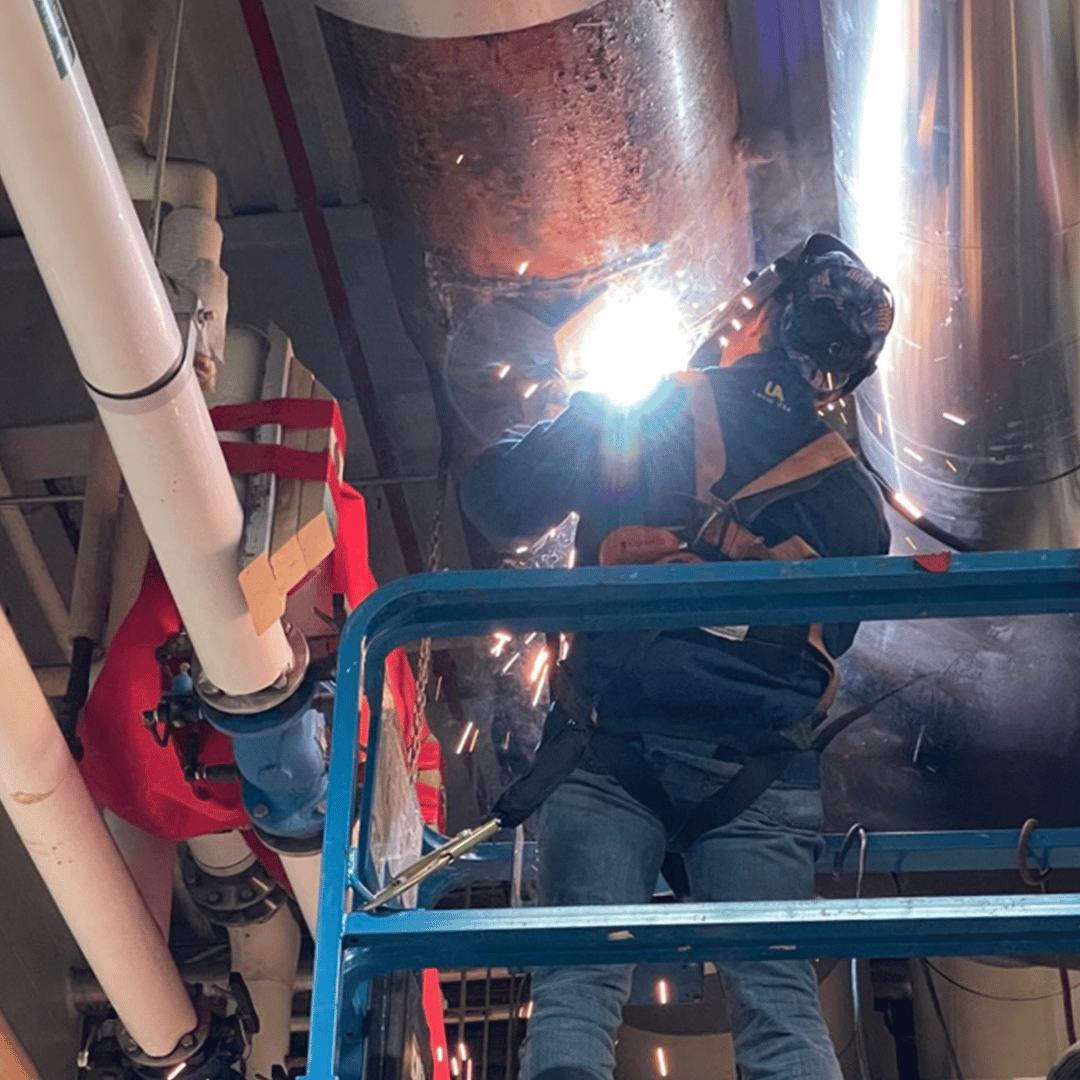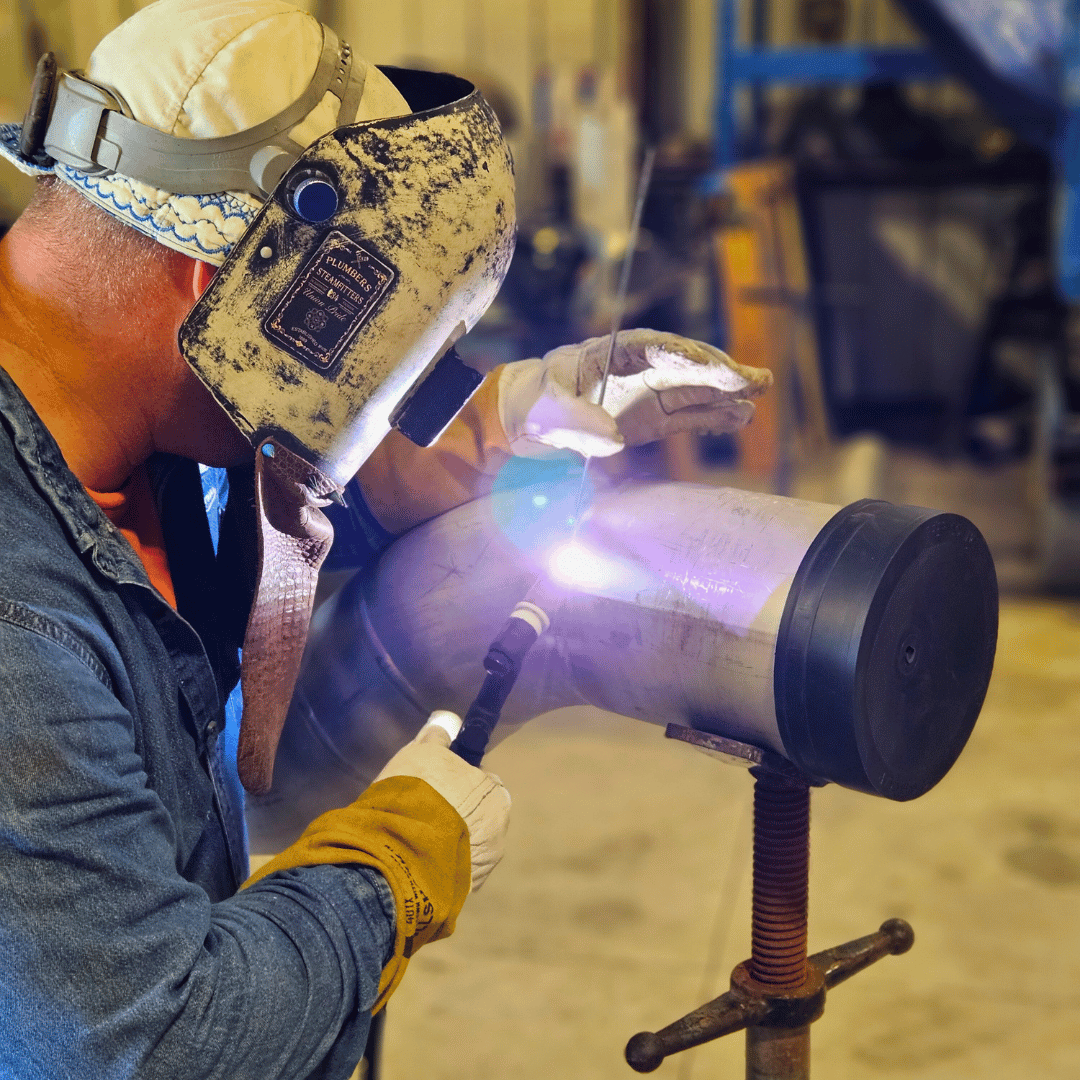
The Importance of Welding
In industrial and commercial sectors, welding is indispensable for several reasons:
Structural Integrity: Welding is essential for joining metal components to create robust and durable structures, ensuring the integrity and stability of buildings, machinery, and equipment.
Versatility: Welding can be used to fabricate a wide range of structures and products, from large-scale industrial installations to intricate commercial components.
Repair and Maintenance: Welding enables the repair and maintenance of existing structures and equipment, extending their lifespan and optimizing performance.
Customization: Welding offers flexibility in design and customization, allowing for the creation of tailored solutions to meet specific industrial and commercial requirements.
Common Welding Processes
Several welding processes are commonly used in industrial and commercial settings, each suited to different materials and applications:
Arc Welding: Arc welding processes, such as shielded metal arc welding (SMAW) and gas metal arc welding (GMAW), utilize an electric arc to melt and join metal components.
Gas Welding: Gas welding techniques, including oxy-fuel welding and cutting, use a combination of fuel gases and oxygen to generate a flame for heating and joining metals.
Resistance Welding: Resistance welding methods, such as spot welding and seam welding, employ electrical resistance to create localized heat and bond metal components together.
Tungsten Inert Gas (TIG) Welding: TIG welding, also known as gas tungsten arc welding (GTAW), uses a non-consumable tungsten electrode to produce precise and high-quality welds in various metals.
Metal Inert Gas (MIG) Welding: MIG welding, or gas metal arc welding (GMAW), utilizes a consumable wire electrode and a shielding gas to create strong and efficient welds.
Safety Considerations
Safety is paramount in welding operations to protect workers and ensure compliance with regulatory standards:
Personal Protective Equipment (PPE): Welders should wear appropriate PPE, including helmets, gloves, safety glasses, and flame-resistant clothing, to shield against sparks, heat, and ultraviolet radiation.
Ventilation: Adequate ventilation is essential to remove welding fumes and gases from the work area, reducing the risk of respiratory problems and exposure to hazardous substances.
Fire Prevention: Implement fire prevention measures, such as using fire-resistant barriers and keeping flammable materials away from welding operations, to minimize the risk of fires and explosions.
Training and Certification: Ensure that welders receive comprehensive training and certification to perform welding tasks safely and proficiently.
Benefits of Professional Welding Services
Engaging professional welding services offers numerous benefits for industrial and commercial projects:
Quality Workmanship: Experienced welders deliver high-quality welds that meet industry standards and specifications, ensuring the structural integrity and longevity of welded components.
Efficiency: Professional welding services utilize advanced equipment and techniques to complete projects efficiently, minimizing downtime and optimizing productivity.
Safety Compliance: Certified welders adhere to safety regulations and best practices, reducing the risk of accidents, injuries, and regulatory non-compliance.
Cost-Effectiveness: Outsourcing welding tasks to professionals can be cost-effective in the long run, as it avoids the need for costly equipment purchases, training, and maintenance.
Conclusion
Welding plays a vital role in industrial and commercial sectors, providing the foundation for construction, repair, and maintenance projects. By understanding the importance of welding, selecting the appropriate welding processes, prioritizing safety, and leveraging professional welding services, businesses can ensure the structural integrity, efficiency, and safety of their operations.
